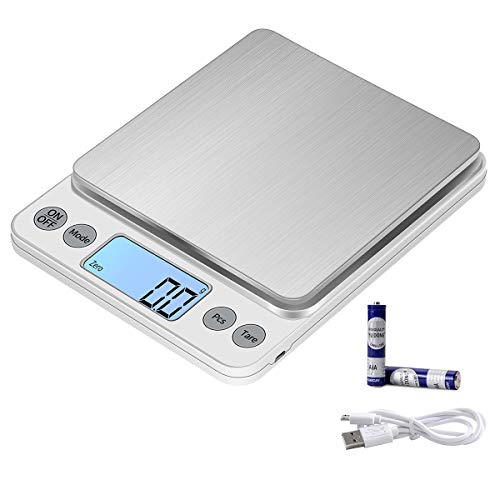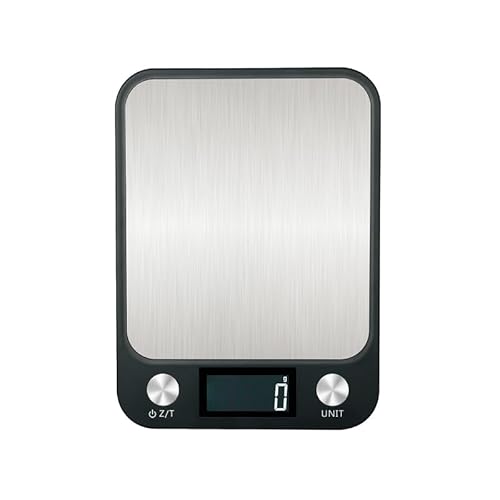peace-love-and-suds
Well-Known Member
- Joined
- Oct 18, 2011
- Messages
- 163
- Reaction score
- 8
Hi guys. Just wondering about goats milk and honey soap. I'm sure this is a common question and before I posted I spent almost an hour reviewing old posts on the subject. I still have questions.
1. Are the enzymes and such in honey important to a soap maker? If so at what temperature is damaging to honey?
2. Can honey combs be used for anything? Anything else regarding a bee operation that can be used in soap?
3. I measured a teaspoon of honey to be approximately 7 grams and I figured 7 grams per 2 pounds of soap. Is this a good starting point?
4. Pros & cons of using 100% goats milk or 50/50 water/milk mix?
5. How long does goats milk keep in the freezer? Does freezing mess it up at all?
6. When mixing lye with the goats milk, at what temperature does the milk begin to degrade? I saw a post about mixing milk ice cubes with lye and never letting it get above 80.
7. Good news! I found a goat dairy farm and bee farm to get fresh product from. Any advice on dealing directly with the farmers? The milk can come straight from the goat right? It doesn't need anything done to it?
I know these are a lot of questions... Thank you in advance for all of your help.
1. Are the enzymes and such in honey important to a soap maker? If so at what temperature is damaging to honey?
2. Can honey combs be used for anything? Anything else regarding a bee operation that can be used in soap?
3. I measured a teaspoon of honey to be approximately 7 grams and I figured 7 grams per 2 pounds of soap. Is this a good starting point?
4. Pros & cons of using 100% goats milk or 50/50 water/milk mix?
5. How long does goats milk keep in the freezer? Does freezing mess it up at all?
6. When mixing lye with the goats milk, at what temperature does the milk begin to degrade? I saw a post about mixing milk ice cubes with lye and never letting it get above 80.
7. Good news! I found a goat dairy farm and bee farm to get fresh product from. Any advice on dealing directly with the farmers? The milk can come straight from the goat right? It doesn't need anything done to it?
I know these are a lot of questions... Thank you in advance for all of your help.











































